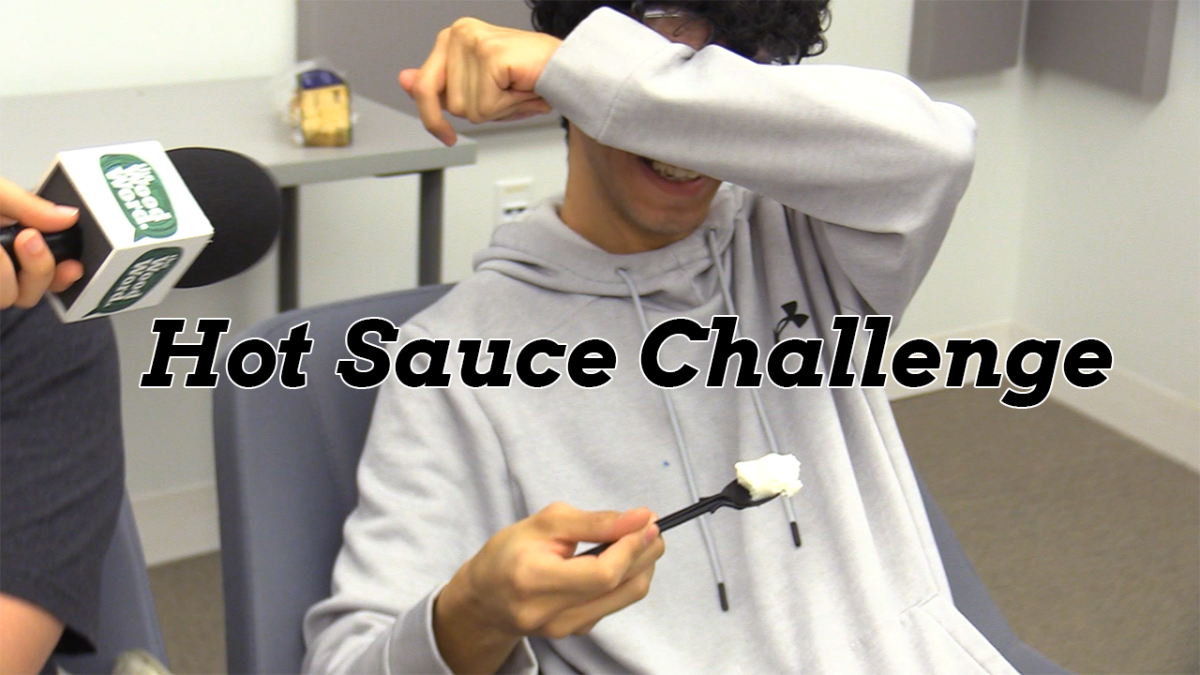For many, the standard documentation required for employment is a resume, portfolio, or background check. However, recently employers have broadened their background checks to include social media profiles such as Facebook.
In order to gain knowledge about potential employees, many employers are going beyond just viewing a potential employee’s social networking profile and are instead requesting the ability to log on to their account to gather further insight into the person.
The U.S. Government is now getting involved to try to stop the practice. According to a recent article in The Scranton Times-Tribune, Pennsylvania Reps. Eugene DePasquale, D-95 and Jesse White, D-46, are preparing the legislation on this new House bill to make Facebook and other social media sites private to employees.
The Social Media Privacy Protection Act, if passed, the bill would restrict employers from asking for social networking usernames and passwords for background checks. However, publicly posted information depicted on social networking sites such as facebook would be allowed to be viewed by employers. If the Social Media Privacy Act is passed users can simply make their profile private to prohibit potential employers from lurking on their favorite social networking sites.
Former George Washington University law professor and federal prosecutor Orin Kerr recently told Time.com that asking for a potential employee’s social media passwords is not dissimilar from asking them for the keys to his or her home. Kerr went on to call the practice “an egregious privacy violation.”
Many companies and government agencies may argue that it is an adequate way to gain person insight into a potential employee’s world view. By being able to peruse a social networking profile, an employer can make an assessment on a potential employee’s demeanor, professionalism and discretion, and character traits.
While a reasonable person could understand an employer’s desire to learn as much as possible about a potential employee before making an offer of employment, that same person might ask, “how much is too much?”
If employers are allowed to access privacy-protected social media platforms, such policies may open the door to other such invasions of privacy. Some of these may include access to credit card information, private conversations, telephone numbers, photographs and video.
On many social networking sites such as Facebook, a user has the capability of displaying or making media and information private to other users. By employers gaining full access to a potential employee’s profile, employers are disrespecting that employee’s rights and privacy. In, addition, by having untethered access, employers would have the capability of changing settings or information–however unethical–if they so choose.
In light of the current economic climate and weak job market, individuals in need of employment might be willing to give up personal privacy for a steady paycheck. But should they have to?
Lawmakers in favor of The Social Media Privacy Protection Act have warned employers that doing such social media background checks could open themselves up to discrimination lawsuits.
The Social Media Privacy Protection Act would safeguard employees from invasion of privacy and set boundaries for companies’ access to sensitive personal information. This bill would allow employees to maintain personal privacy and feel less pressured to choose between a job opportunity and personal security. Voters should endorse this bill to protect themselves from attempts by employers to infringe on personal privacy.











